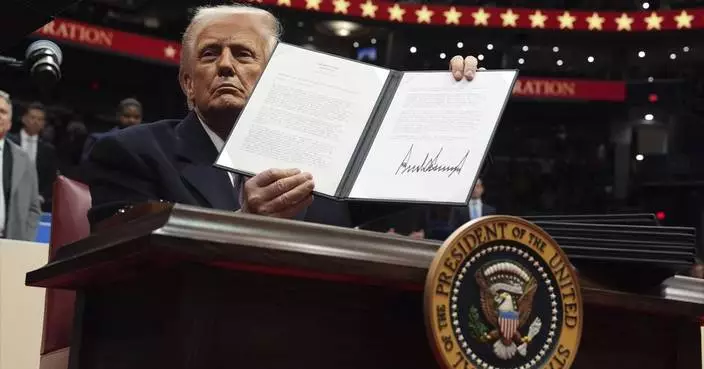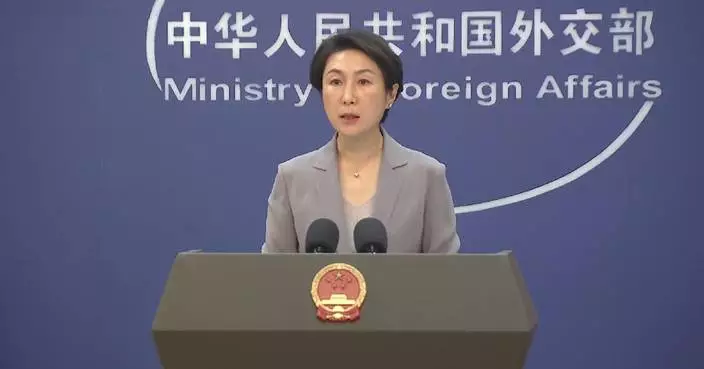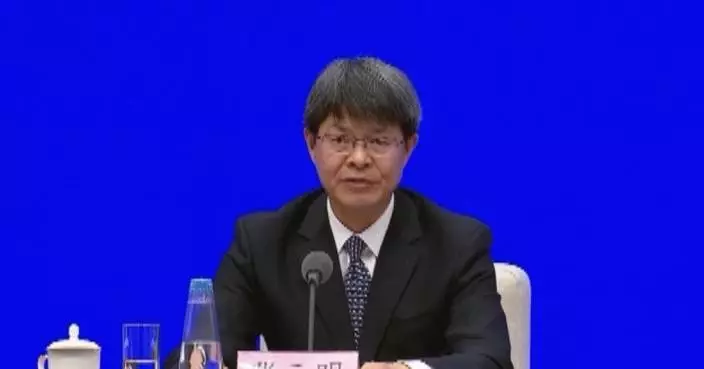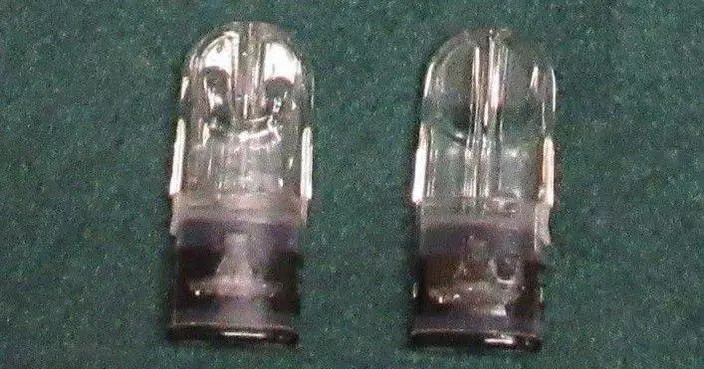ATLANTA (AP) — Jurors in the long-running racketeering and gang prosecution against rapper Young Thug and others returned to an Atlanta courtroom Monday after an eight-week pause to find a new judge on the bench.
The jury was already on a break in early July when the trial was put on hold to allow a judge to determine whether the judge overseeing the case should be removed. Two weeks later, Fulton County Superior Court Chief Judge Ural Glanville was removed from the case after two defendants sought his recusal, citing a meeting the judge held with prosecutors and a state witness.
Fulton County Superior Court Judge Paige Reese Whitaker was appointed to take over the case. After she denied motions for a mistrial, the trial resumed Monday with Kenneth Copeland returning to the witness stand, The Atlanta Journal-Constitution reported.
Young Thug, a Grammy winner whose given name is Jeffery Williams, was charged two years ago in a sprawling indictment accusing him and more than two dozen others of conspiring to violate Georgia’s anti-racketeering law. He also is charged with gang, drug and gun crimes.
He is standing trial with five other people indicted with him.
Brian Steel, a lawyer for Young Thug, has said his client is innocent and seeks to clear his name through a fair trial.
Lawyers for Young Thug and co-defendant Deamonte Kendrick had filed motions seeking Glanville’s recusal. They said the judge held a meeting with prosecutors and prosecution witness Copeland at which defendants and defense attorneys were not present. The defense attorneys argued the meeting was “improper” and that the judge and prosecutors had tried to pressure the witness to testify.
Glanville's colleague, Judge Rachel Krause, did not fault Glanville for holding the meeting but said he should be removed to preserve the public's confidence in the judicial system.
Copeland, who was granted immunity by prosecutors, agreed to return to the stand Monday after Whitaker told him he could testify or sit in jail until the trial ends, the Journal-Constitution reported. Copeland repeatedly said he didn't remember events from years ago, admitted lying to police and said he mentioned Young Thug's name to police to get himself out of trouble.

Judge Paige Reese Whitaker answers the question as she hears arguments for several motions the trial of Atlanta rapper Young Thug, whose real name is Jeffery Williams, Tuesday, July 30, 2024, at the Fulton County courtroom in Atlanta. (Miguel Martinez/Atlanta Journal-Constitution via AP)

Atlanta rapper Young Thug, whose real name is Jeffery Williams, speaks with his attorney Brian Steel, right, during a motion hearing as the new Judge Paige Reese Whitaker presides after taking over the trial Tuesday, July 30, 2024, at the Fulton County courtroom in Atlanta. (Miguel Martinez/Atlanta Journal-Constitution via AP)






















































